
Miniseries offer a great combination of in-depth stories and easy, addictive viewing. They’re long enough to be substantial, but short enough to finish in a few sessions, and often rewarding enough to watch again.
The most compelling limited series often present complex moral questions, cleverly crafted plots, and hidden meanings. This can make the first viewing feel like solving a puzzle, with full understanding only coming with subsequent watches. Luckily, limited series are perfect for rewatching.
It’s particularly enjoyable to rewatch short, self-contained stories. A second viewing often unlocks deeper emotional connections, makes the plot easier to follow, and reveals subtle themes you might have missed the first time. Shows that initially feel confusing can become surprisingly satisfying when you watch them again.
The Night Of (2016)
The Night Of Turns A Simple Murder Case Into A Moral Labyrinth
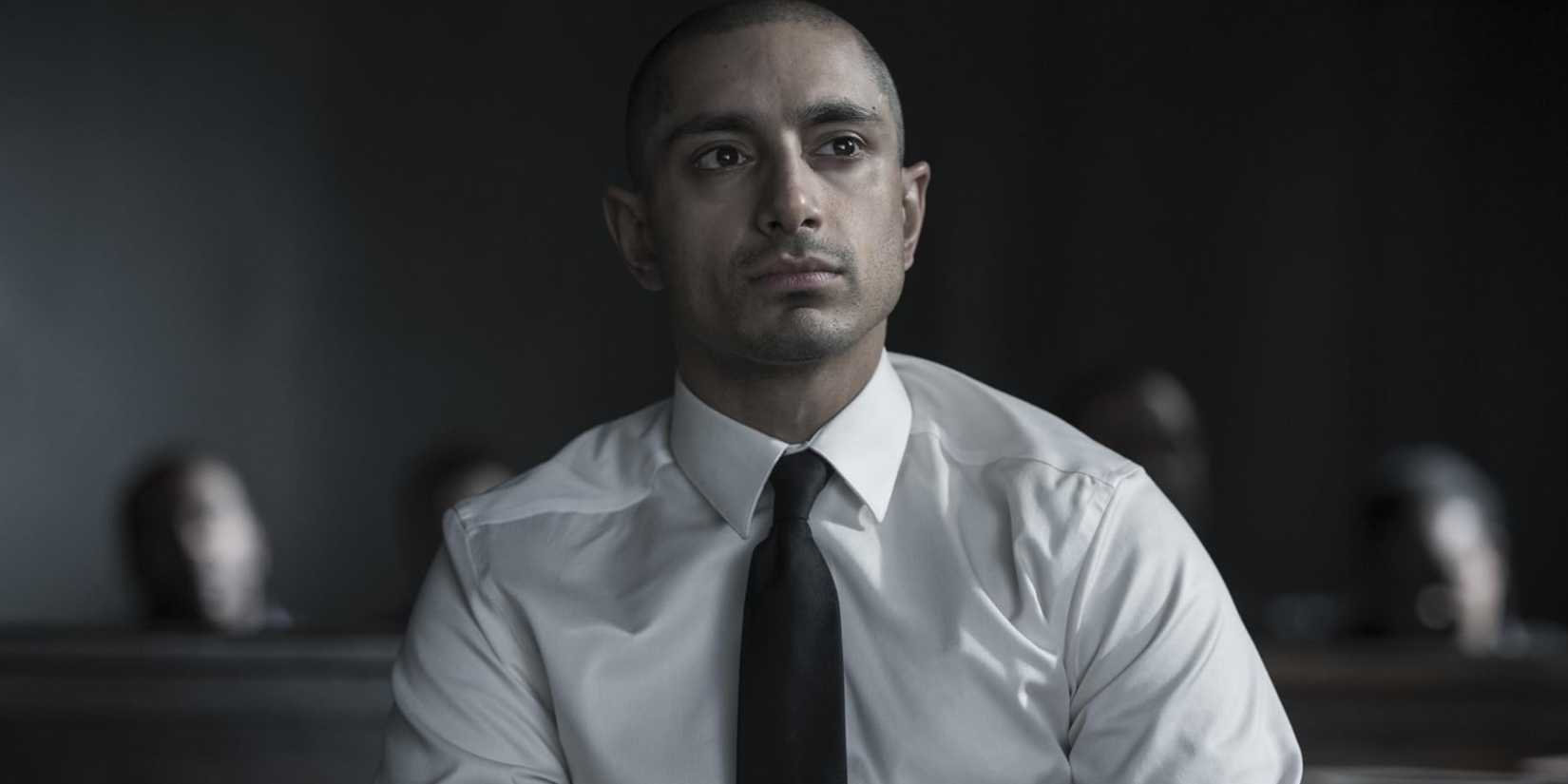
HBO’s The Night Of starts as a seemingly typical crime drama, but quickly becomes a deep and complex exploration of the characters involved. The story follows Nasir Khan (Riz Ahmed) after he’s accused of a violent murder. What begins as a ‘who done it’ mystery soon reveals a much more morally gray and complicated situation.
The first time you watch The Night Of, it can feel slow and depressing, focusing heavily on the details of how the legal system works. However, when you watch it again, the show truly shines as a brilliant example of storytelling through perspective. You start to notice how carefully crafted everything is – from the way the camera focuses on clues to the subtle expressions on John Stone’s face – and realize how these choices completely change how you see guilt and corruption.
After watching The Night Of a second time, it becomes clear that the show is more than just a realistic courtroom drama. It’s a thought-provoking exploration of who we are, how we see things, and the problems within the justice system. It’s less about solving a crime and more about watching someone’s innocence disappear under intense scrutiny.
Bodies (2023)
Bodies Plays With Time, Memory, And Truth
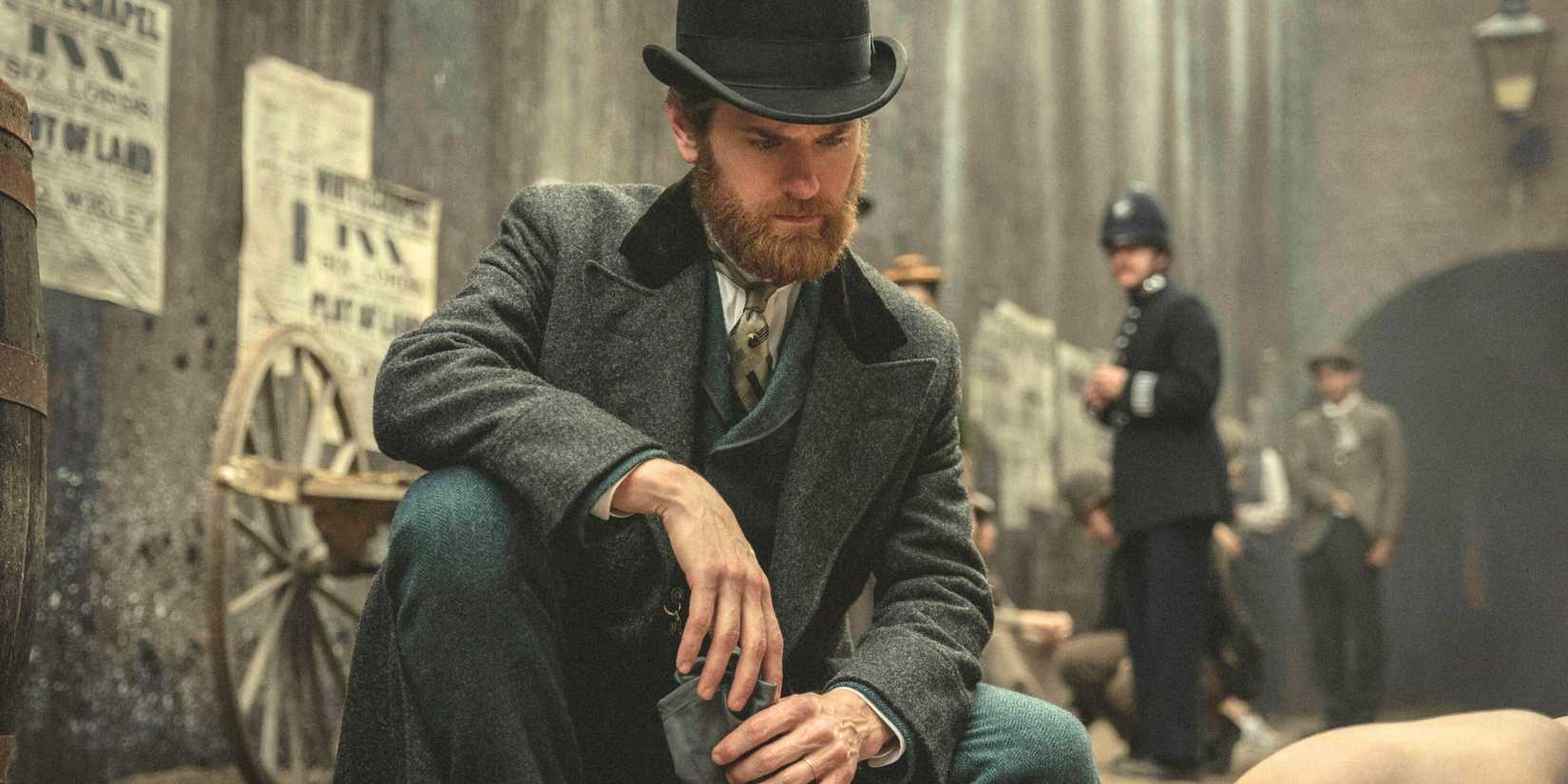 BODIES, Kyle Soller, (Season 1, aired Oct. 19, 2023). photo: Matt Towers / ©Netflix / Courtesy Everett Collection
BODIES, Kyle Soller, (Season 1, aired Oct. 19, 2023). photo: Matt Towers / ©Netflix / Courtesy Everett Collection
Netflix’s Bodies is a remarkably ambitious limited series. It cleverly weaves together four different time periods – 1890, 1941, 2023, and 2053 – all linked by the discovery of the same dead body in London. The complex storyline requires close viewing and will likely leave you wanting to watch it again.
The show can be confusing at first, with its many detectives, time jumps, and hidden plots. You might think characters like Shahara Hasan and Alfred Hillinghead are living completely separate lives, but their stories are actually closely connected. The way the show jumps around in time challenges you to pay attention and pick up on important details and themes.
Watching Bodies a second time changes how you see it. What first appears as a sci-fi mystery becomes a powerful story about destiny, control, and whether we truly have choices. Suddenly, all the strange clues and repeating visuals make sense, and the show’s unique way of telling the story reveals a carefully planned and meaningful time loop.
The Night Manager (2016)
The Night Manager Turns Espionage Into Elegant Deception
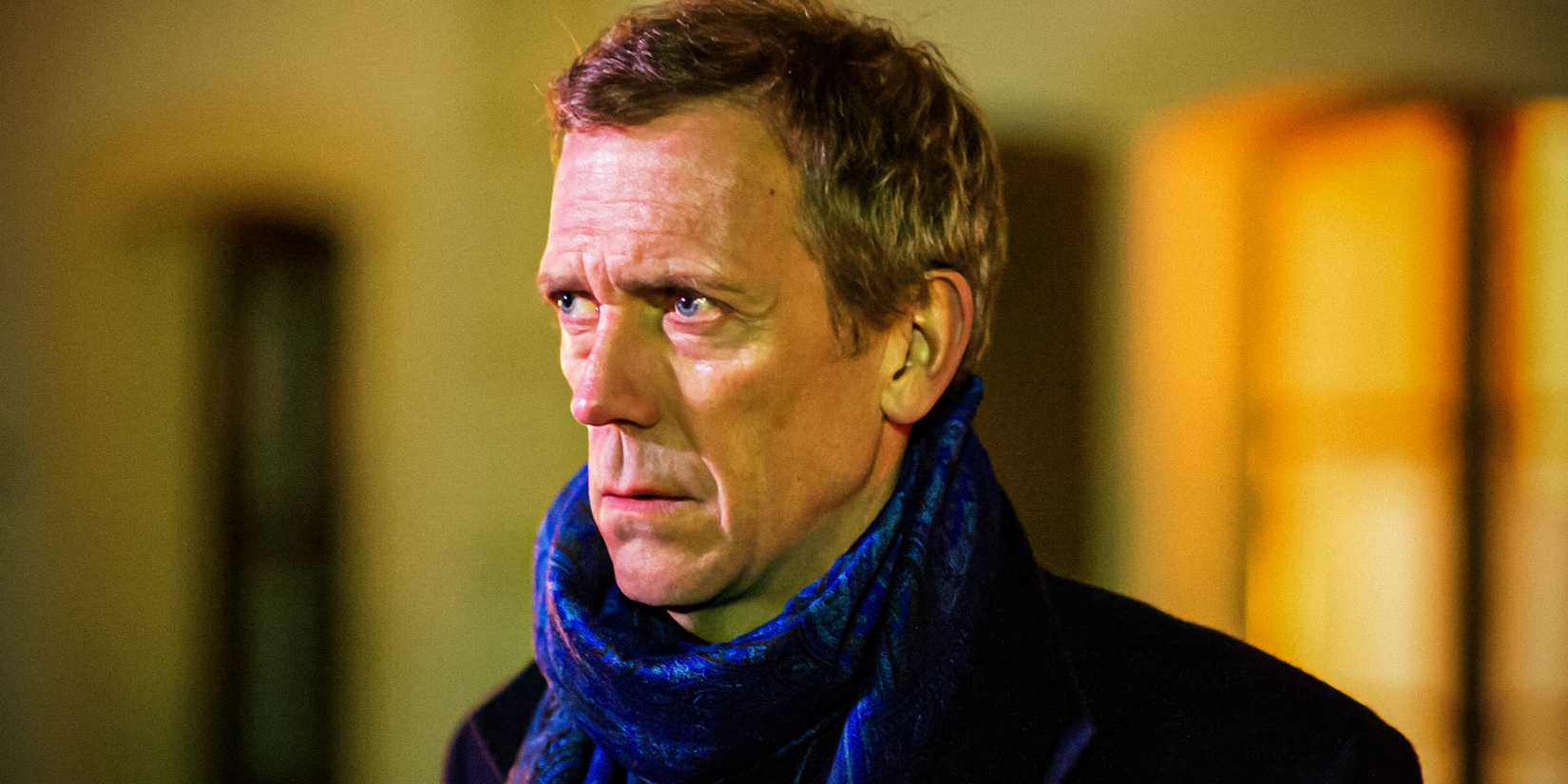
Initially, The Night Manager appears to be a stylish and exciting spy story. However, a closer look reveals a complex web of deceit and hidden agendas that become even more apparent when you watch it again. Tom Hiddleston plays Jonathan Pine, who goes undercover to investigate arms dealer Richard Roper (played by Hugh Laurie), but the glamorous surface hides a world of questionable loyalties.
At first, the show is thrilling, full of spy-movie excitement – suspense, double-crosses, and glamorous settings. But the more complex ways Pine and Roper deceive each other don’t fully become clear until you watch it again. Rewatching reveals how carefully each man assesses the other, subtly copies their behavior, and engages in a silent, strategic battle that spans the globe.
Watching The Night Manager again highlights how cleverly constructed the story is. Every look and movement is designed to mislead you. The show isn’t focused on surprising twists, but on the fascinating, graceful battle of wits between two incredibly deceptive characters – a dance that hides their dangerous intentions.
Sharp Objects (2018)
Sharp Objects Is A Psychological Puzzle Disguised As A Murder Mystery
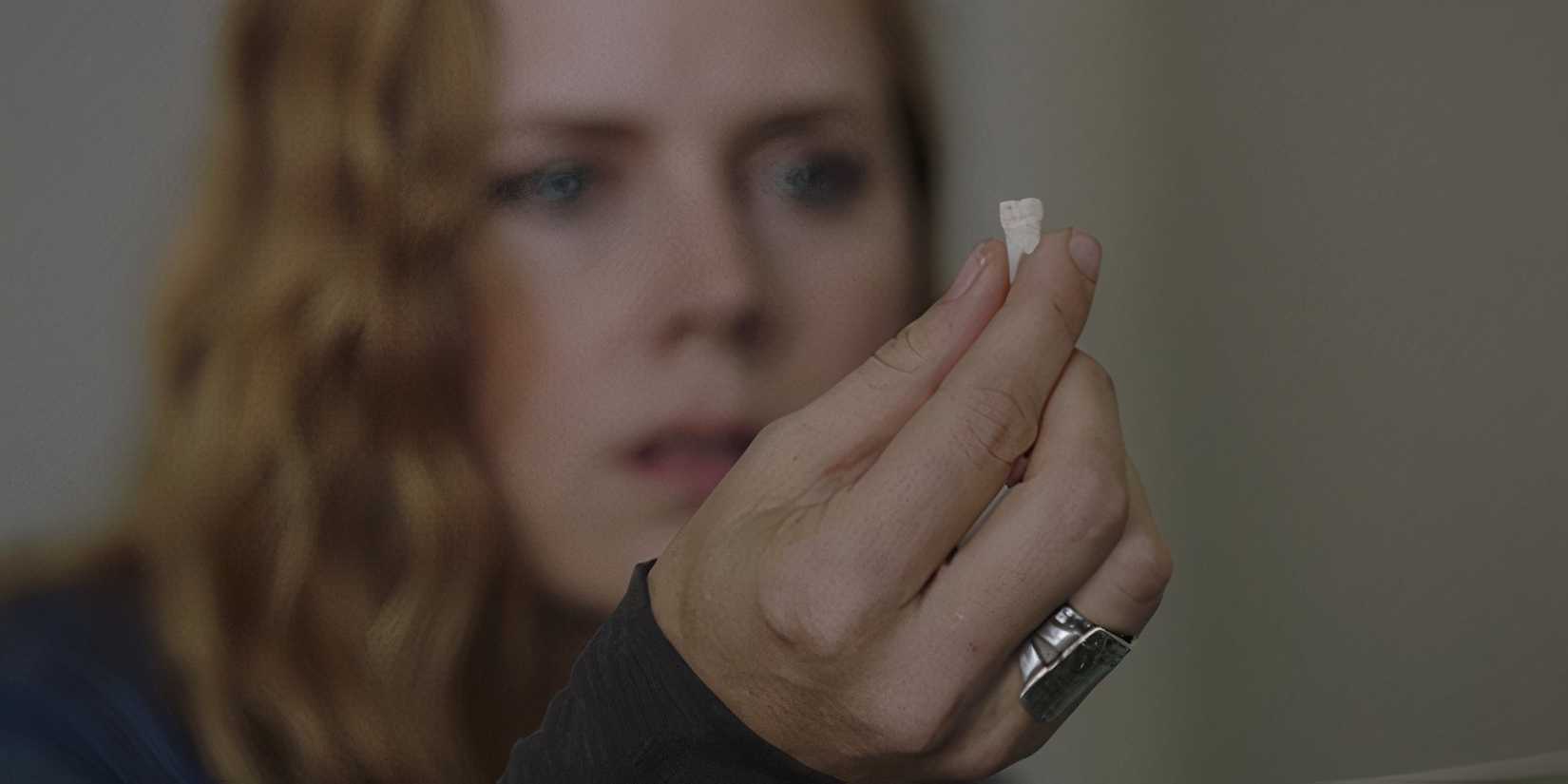
At first, HBO’s Sharp Objects seems like a classic Southern Gothic mystery involving a murder. However, it quickly evolves into a much more disturbing and psychologically complex story. Amy Adams gives a deeply unsettling performance as Camille Preaker, a journalist who returns to her troubled hometown to investigate a string of killings.
Okay, so watching Sharp Objects initially really threw me for a loop. The way it’s edited – all jumpy and with those hazy flashbacks – it totally feels like you’re inside Camille’s head, experiencing her trauma with her. It’s a really artistic show, but also super complex. What I think is brilliant about it is how much is implied, rather than explicitly shown. You catch glimpses of things, hints at the truth, and it leaves you piecing things together, which is incredibly effective.
When you rewatch Sharp Objects, its true power becomes clear – it’s a heartbreaking depiction of how abuse and hidden trauma can be passed down through families. Subtle details and repeated images start to connect, revealing a story about how we remember – and forget – painful experiences. After the shocking conclusion, earlier scenes take on a deeply unsettling and new significance.
A Murder At The End Of The World (2023)
A Murder At The End Of The World Twists True Crime Into Techno-Surrealism
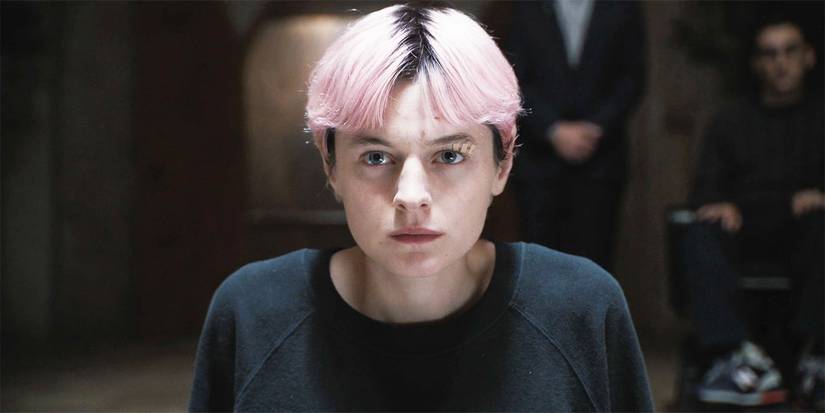
FX on Hulu’s A Murder At The End Of The World is a smart and captivating mystery series. It combines a whodunit plot with themes of technology and the struggles of young adults. The story follows Darby Hart (Emma Corrin), a talented hacker and investigator, as she tries to solve a murder that takes place at the secluded estate of wealthy businessman Andy Ronson (Clive Owen).
The series Murder At The End Of The World plays with time and tells its story in pieces, focusing on what it means to be a person online. This creates a confusing but impressive effect, though some viewers might find it hard to follow. Ultimately, the show’s unusual structure actually reflects the complex and confusing nature of the mystery itself.
Watching the show again highlights how carefully it hides clues throughout the story, both in what happens and what you see. On a second viewing, A Murder At The End Of The World feels like a complex puzzle where every flashback and strange moment actually has a purpose, adding to its exploration of technology and what is real.
Station Eleven (2021)
Station Eleven Turns The Apocalypse Into A Poetic Loop

The miniseries Station Eleven stands out from other post-apocalyptic shows. Instead of focusing on simply surviving, it explores the importance of art, remembering the past, and human connection – ideas that become truly meaningful as the story unfolds. The show follows the lives of several characters over many years following a devastating flu pandemic, with a central focus on Kirsten (Mackenzie Davis) and a group of traveling performers.
Watching Station Eleven for the first time can be difficult because the story doesn’t unfold in a straightforward way. The show constantly asks you to connect different time periods and figure out how each character’s journey relates to the others. It’s a powerfully emotional experience, and that’s by design.
On a second viewing, Station Eleven truly comes together, feeling like a carefully composed symphony. Each time period acts as a separate movement, all contributing to a deep exploration of how humans overcome hardship. What initially appears disjointed becomes beautifully connected, and the show’s underlying message of hope becomes its most powerful element. It’s a story that asks for your attention, and then repays that investment in a uniquely meaningful way.
The Undoing (2020)
The Undoing Turns A Marriage Into A Masterclass In Suspicion
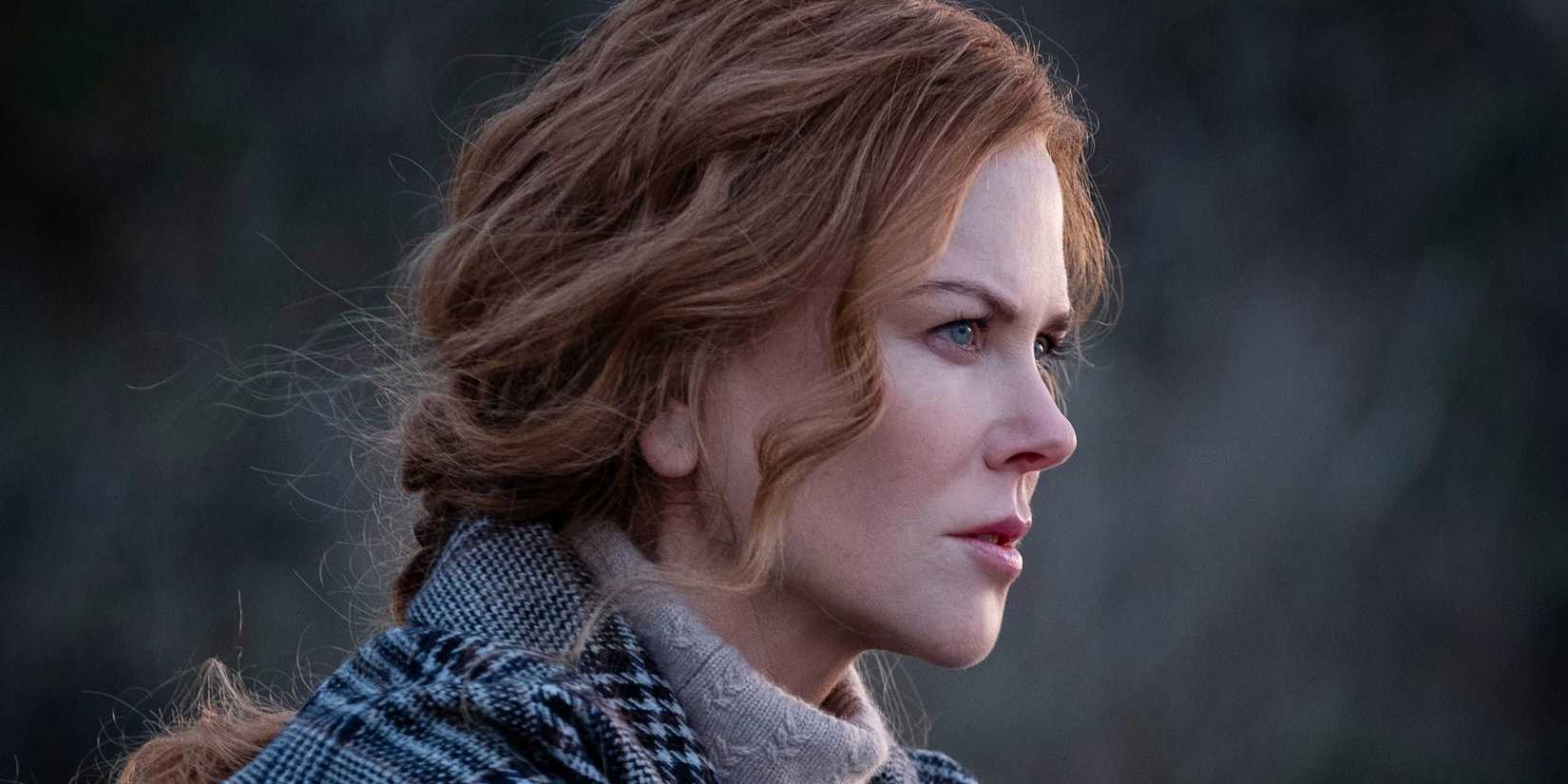
HBO’s The Undoing is a masterclass in suspense, playing with what you see and how you interpret it. Nicole Kidman stars as Grace Fraser, a woman whose seemingly perfect life falls apart when her husband, Jonathan (Hugh Grant), is accused of murder. The show’s beautiful visuals and tricky narrative intentionally leave viewers as confused and uncertain as Grace, making for a truly captivating experience.
A key to the success of The Undoing is its masterful use of mystery. The show constantly changes who you suspect and how you see events, keeping you guessing throughout. However, this constant uncertainty sometimes overshadows just how well-made the series is.
Watching The Undoing a second time reveals just how cleverly it’s made. The hints aren’t actually hidden; they’re easy to miss because the show is so glamorous and suspenseful. A rewatch makes the show’s themes – like the power of privilege, avoiding the truth, and fooling yourself – much more obvious, turning it from a simple mystery into a deep look at the characters’ minds.
Maniac (2018)
Maniac Turns Mental Illness And Memory Into A Hallucinatory Odyssey
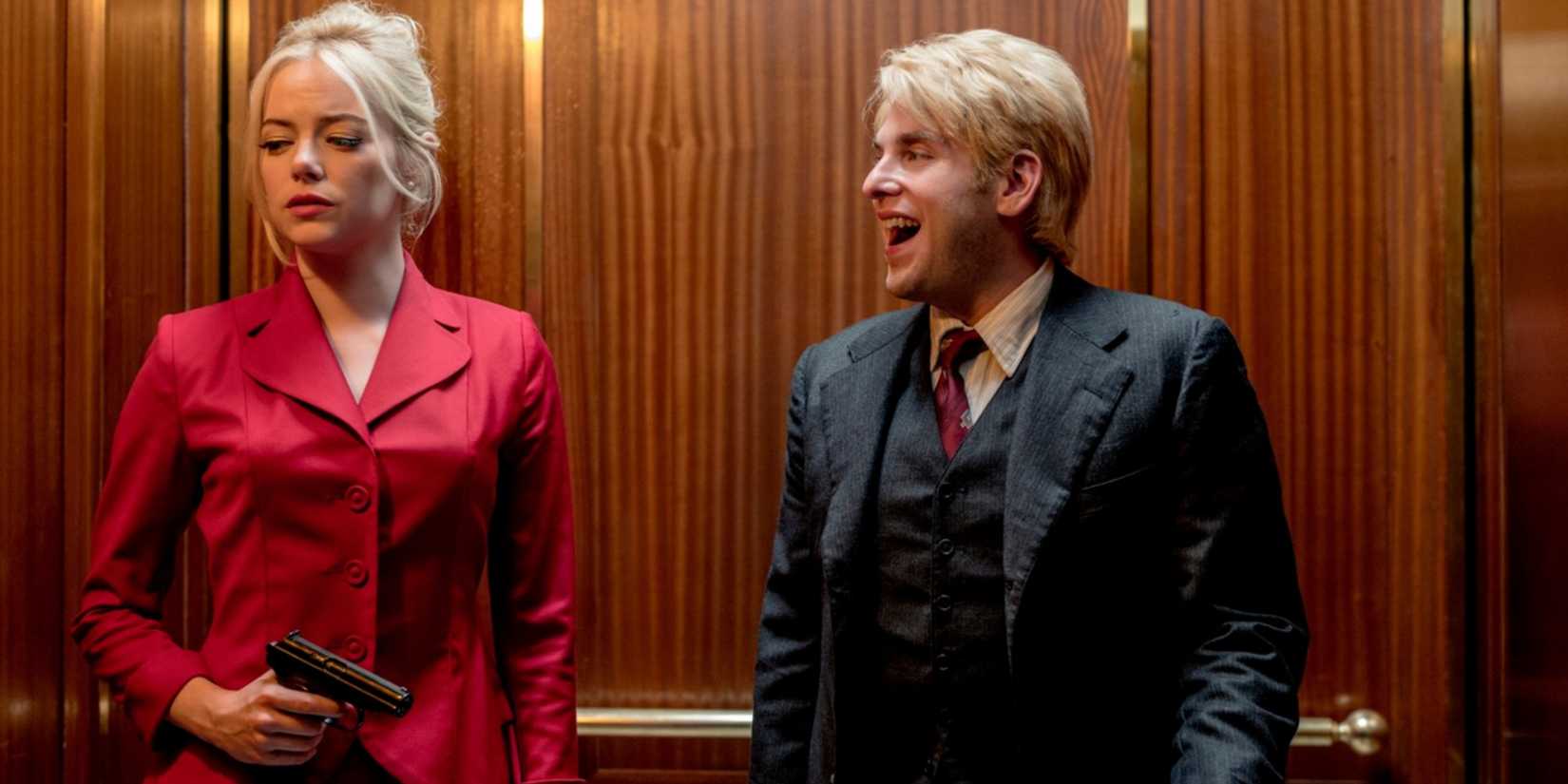
Netflix’s Maniac is a visually stunning and unusual series that takes you inside the minds of two people, Owen and Annie, as they participate in a strange medical experiment. It’s incredibly imaginative, but can be confusing the first time you watch it.
The show quickly shifts between fantastical settings, dreamlike sequences, and characters experiencing important emotional moments, making it difficult to follow what’s actually happening. While it’s often funny and unusual, the show has a surprisingly heartfelt story about overcoming trauma and finding connection, but this meaningful message can sometimes get overshadowed by the fast pace and constant changes.
Watching Maniac a second time reveals how brilliantly everything connects. Each strange scene has a purpose in understanding the characters’ minds, and the repeating visuals reflect their emotional journeys. What initially seems confusing becomes deeply moving, turning this visually stunning series into a heartfelt story about recovery and the power of human relationships.
Devs (2020)
Devs Turns Determinism Into Devastation
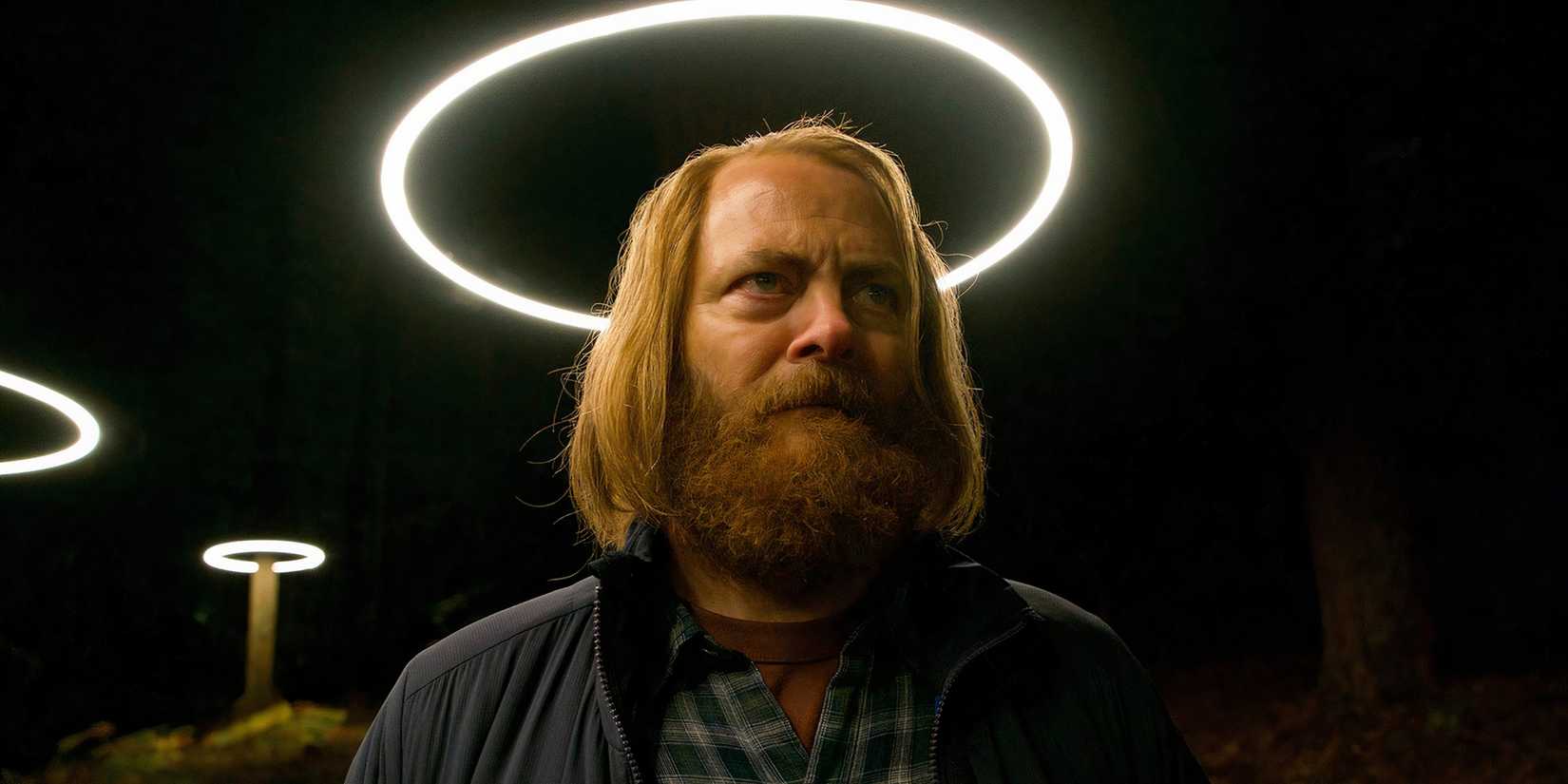
Alex Garland’s Devs is a remarkably ambitious sci-fi miniseries. It tackles big ideas like free will and the nature of reality, using quantum physics as a backdrop. The story follows Lily Chan (Sonoya Mizuno) as she tries to uncover the truth behind her boyfriend’s suspicious death while working at a cutting-edge technology firm.
Although incredibly smart and well-made, Devs is a show you’ll want to watch more than once. It’s filled with complex ideas, a story that doesn’t unfold in a straight line, and powerful imagery that all need careful attention. You could easily miss the emotional core if you only watch it once, getting caught up in the complicated theories instead.
The show Devs truly shines when you watch it a second time. The deeper meaning becomes obvious, and what initially seemed confusing transforms into a powerfully emotional story about people. Every deliberate, slow-paced scene feels important, building to an ending that’s both predictable and deeply upsetting. It’s not simply a story about technology or destiny; it explores how we believe we have choices, and how realizing the truth can be tragic.
Read More
- Exclusive: First Look At PAW Patrol: The Dino Movie Toys
- All Itzaland Animal Locations in Infinity Nikki
- Will there be a Wicked 3? Wicked for Good stars have conflicting opinions
- LINK PREDICTION. LINK cryptocurrency
- Ragnarok X Next Generation Class Tier List (January 2026)
- Decoding Cause and Effect: AI Predicts Traffic with Human-Like Reasoning
- Miraculous World: Tokyo Stellar Force Movie Review
- Hell Let Loose: Vietnam Gameplay Trailer Released
- When is Pluribus Episode 5 out this week? Release date change explained
- Gold Rate Forecast
2025-10-27 00:47